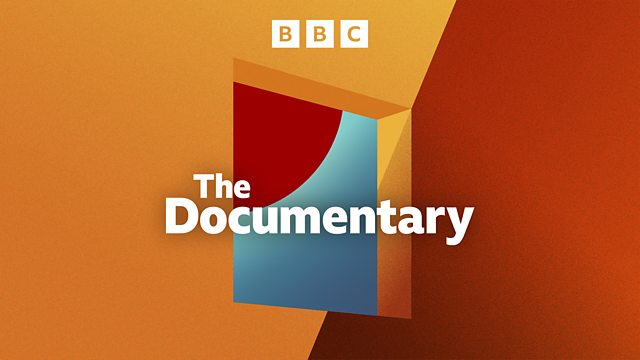Dreams From My Mother
What role did Barack Obama's mother, Ann Dunham, play in his formative years and how did it influence his political rise? Judith Kampfner unveils more about this unconventional woman.
Barack Obama made history on 4 November 2008 when he defeated Republican rival John McCain to become the first black president of the United States.
The son of a Kenyan man and a white woman from Kansas, he was named after his father who grew up herding goats but gained a scholarship to study in Hawaii.
There the Kenyan met and married Barack's mother, Ann Dunham, who was living in Honolulu with her parents.
The president has famously written of the influence exerted on him by his charismatic but absent father in his memoir, Dreams of My Father, but what of his mother, Ann Dunham?
The world knows very little about her, but how did she affect his formative years and help to shape him in his political rise?
She was christened Stanley Ann Dunham because her parents yearned for a boy.
Born in Kansas, she was the only child of hard working middle class parents who kept moving to improve their lives.
She married Barack Obama Snr whom she met in a class at the University of Hawaii at the age of 18.
It was a time of racial tension in America in the early 1960s and mixed marriages were not very common.
When Barack Jnr was still a toddler, his father decided to take up a scholarship at Harvard, turning down a more financially generous offer from New York University which would have supported the whole family. So Ann and young Barry, as he was then known, remained in Hawaii.
He later returned to Kenya alone, where he worked as a government economist, and the couple divorced.
When President Obama was six, his mother married an Indonesian man, Lolo Soetoro and the family moved to Jakarta.
But life proved too conventional for Ann and as she and Lolo became estranged, she moved to Yogyakarta the ancient capital of Java and began a study of indigenous craft industries and their community structures - which she pursued to the end of her life.
As a mature student, she was accepted into a PhD programme at the University of Hawaii and she chose to research the archaeology and anthropology of agricultural blacksmiths. She was the first woman admitted into the inner sanctum of this ancient all-male trade.
As she learnt about the ceremonial dagger making and the ritual power the smiths imbued into each instrument they forged, she also gained an appreciation of all Javanese crafts and culture.
In an effort to alleviate the hardship associated with these peasant industries, she constructed a model of micro-financing which is now the standard in Indonesia, a country that is a world leader in micro-credit systems.
With grants from the Ford Foundation and loans from the World Bank, she worked with many NGO鈥檚 to help rural people get loans to launch small enterprises.
In this programme Judith Kampfner talks to Ann鈥檚 80 year old feisty professor and mentor, Alice Dewey.
She also speaks to field workers and executives at the People鈥檚 Bank of Indonesia, the Ford Foundation, and the USIA and to anthropologists and crafts workers who knew Ann Dunham.
Listen as the life of this unconventional and idealistic woman is revealed and whether her importance has been deliberately downplayed in the story of Barack Obama.
Last on
More episodes
Previous
Broadcasts
- Wed 16 Sep 2009 08:05GMT麻豆社 World Service Online
- Wed 16 Sep 2009 12:05GMT麻豆社 World Service Online
- Wed 16 Sep 2009 19:05GMT麻豆社 World Service Online
- Thu 17 Sep 2009 00:05GMT麻豆社 World Service Online
- Sat 19 Sep 2009 01:05GMT麻豆社 World Service Online
- Sat 19 Sep 2009 18:05GMT麻豆社 World Service Online
- Sun 20 Sep 2009 11:05GMT麻豆社 World Service Online

